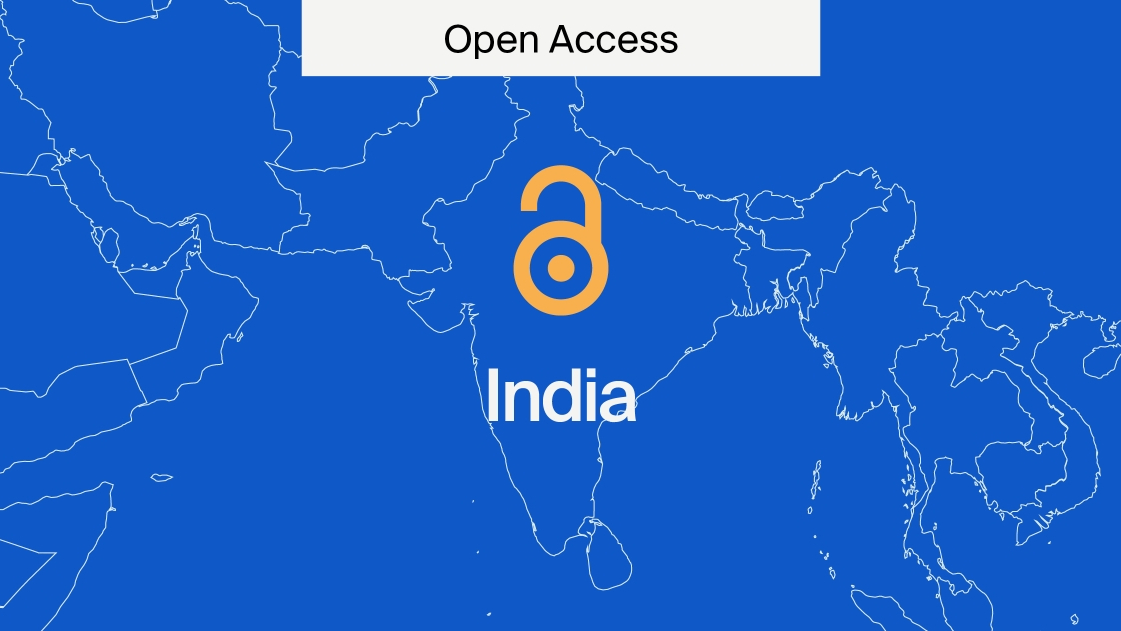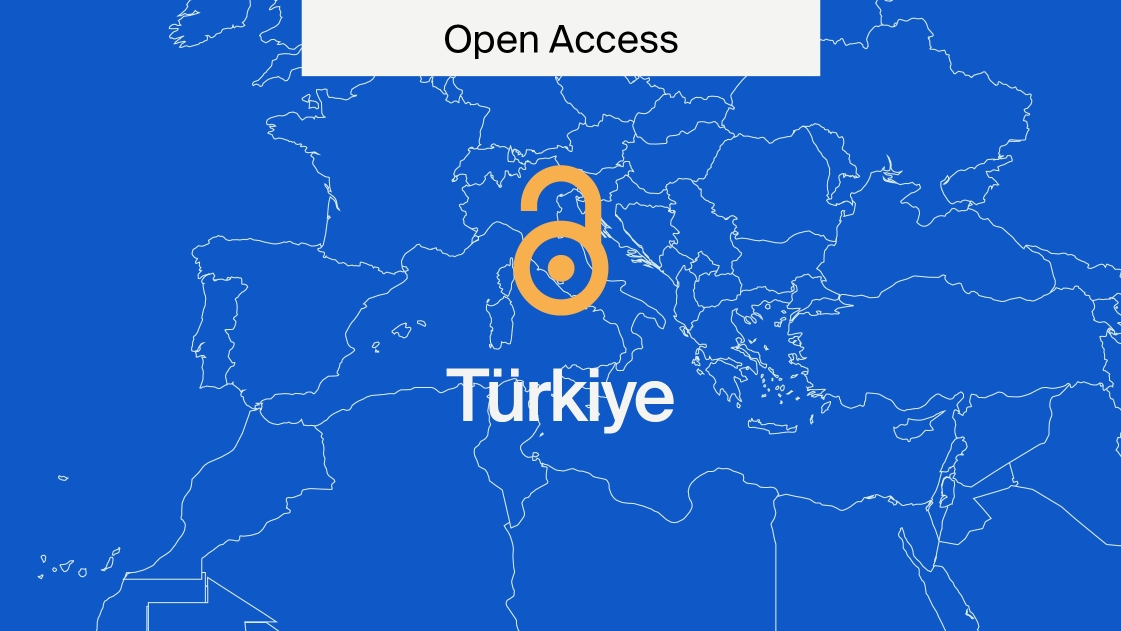
Speed of Publication—Delivering Insight Faster
This article, written by Katherine Bosworth, Giulia Stefenelli and Jonathan Steffen, goes over the speed of publication and explores questions about the importance of speed and how fast MDPI publishes research.
“There was a young lady named Bright,
Whose speed was far faster than light.
She set out one day
In a relative way
And returned home the previous night.”
Prof. Arthur Butler (1874–1944)
This limerick, published in the British satirical weekly Punch on 19 December 1923, gently pokes fun at Albert Einstein’s Theory of Relativity, which was published in its initial form in 1905, and in its final form in 1916.
Professor Butler may have been having a little fun with his limerick, but there is a genuine unease tucked away inside its cleverly constructed five lines.
Fear of excessive speed has been with us for as long as time itself: the Ancient Romans recognised this in their saying festina lente (literally, “hasten slowly,” or “more haste, less speed”, as we would say today), while the Ancient Greek storyteller Aesop (c. 620–564 BCE) exemplified it for all ages in his tale of the hare and the tortoise. Speed—or at least, excessive reliance on the imagined advantages of speed—can be a dangerous thing in the minds of many. What sort of a state was Ms Bright in when she returned home the previous night, one wonders?
Publication—and continued research
Einstein’s Theory of Relativity says something interesting about the speed of publication, however. His Theory of Relativity actually comprises two theories: the Theory of Special Relativity, published in 1905, and the Theory of General Relativity, published in 1915. The former applies to all physical phenomena in the absence of gravity, while the latter explains the law of gravitation and its relation to other forces of nature.
While it would be presumptuous to describe the Theory of Special Relatively as incomplete, the addition of the Theory of General Relativity creates a more comprehensive picture of the phenomenal world, and this combined picture has provided the basis of our understanding of the universe and its workings ever since.
The philosophy of publishing research findings while continuing research into related scientific topics is fundamental to the work of MDPI, where speed of publication with the aim of stimulating scientific discussion is key to our approach.
The need for speed in the post-COVID-19 era
The value of the rapid dissemination of new scientific research has, of course, been powerfully highlighted by the COVID-19 pandemic. This global health crisis has called for unprecedented speed of action on the part of the world’s scientific community. It has also set a new standard for the sharing of research in pursuit of a viable response to a universal health threat. MDPI has been ahead of this curve since its foundation a quarter of a century ago: speed is intrinsic to the open access publishing model.
Interestingly, the management consultancy McKinsey conducted a survey last year entitled “The need for speed in the post-COVID-19 era – and how to achieve it.” Published on 9 September 2020, the survey’s findings confirmed that “organizational speed is an essential ingredient for outperformance in times of unprecedented change.” The authors point to “three ways companies can gain speed for the longer term.” These are: building faster decision-making mechanisms, improving internal communication and collaboration, and increasing the use of technology. “Fast organizations”, the authors observe, “outperform others by a wide margin on a range of outcomes, including profitability, operational resilience, organizational health, and growth.”
Operating at COVID speed
While the report by McKinsey focuses on the commercial advantages of speed, a report by Johns Hopkins Medicine published a few months earlier, on 4 June 2021, stresses the need for speed to tackle the COVID-19 pandemic itself, but goes further than this, stating that “the pandemic has increased the need for speed overall.” The survey collected the views of experts in a variety of biomedical fields at Johns Hopkins “to find out how breakthroughs and changes made in rapid response to the acute needs of COVID-19 may endure – to the benefit of patients, trainees and biomedical science.”
“When Nobel Prize-winning physician/scientist William Kaelin spoke recently at Johns Hopkins,” the report states, “he called the COVID-19 pandemic ‘an accelerant: accelerating many developments that would have taken decades to happen, if they happened at all.’ Indeed, the pace of change in medicine this past year has been breath-taking, happening at what Johns Hopkins’ Sanjay Desai calls ‘COVID speed.’”
Insight faster
As the world’s leading Open Access publisher, our aim is to allow researchers to disseminate potentially valuable information quickly, in order to facilitate scientific progress, and to benefit not only the research community itself, but society at large. We sum this up in two words: insight faster. We publish Open Access research, easily accessible online, and suitable for citation in subsequent studies. At the core of all our activities is a passion for editing, publishing, and promoting ground-breaking, high-quality research by adept authors.
Speed of publication at MDPI
In March 2021, we published an interview in which our CEO, Delia Mihaila, reflected on MDPI’s 25th anniversary, and what this milestone means for the world of scientific publishing. In the interview, Delia had the following to say about the benefits of speed in the world of scientific publishing.
“The benefits of speed are numerous. It not only helps the advancement of research but can improve and even save lives – for example, by informing government decisions on matters that might be urgent. The speed at which new findings about COVID-19 were published after the pandemic broke in 2020 is a good example of this. Another is the work we published about Ebola when that pandemic first occurred. Secondly, speed offers significant benefits for researchers’ careers. It’s a huge reward for a researcher to be the first to have published the results of several years’ research.”
Delia continued: “There are also other, less immediately apparent, benefits. All scholars want to publish ground-breaking results, but not all research work delivers these. Partial or even negative results can in fact be very helpful for the wider scientific community, as they can provide highly useful insights to scientists and thus accelerate the identification of workable solutions to specific problems. We can learn from failures as well as successes, and putting ‘research waste’ to positive use in this manner can enable the scientific community to get to results faster and to save money and resources in the process.”
Speed of publication and editorial rigour
We have the following procedures in place to ensure editorial rigour in combination with a rapid and efficient publication process.
-
Dedicated Academic Editor for each manuscript
Fast turnaround time is possible thanks to a high level of support provided by our in-house editors. We have a dedicated MDPI staff member for each article, available during the peer review process and for everyone involved. Our trained and professional editorial staff, located around the world and therefore able to provide 24-hour support, take care of most of the administrative work. They provide prompt support for any technical problems during manuscript submission, identification of reviewers, copy-editing, English editing and final publication of articles.
The Academic Editors and the Reviewers need to be able to focus on the scientific content only, which is why we offer a high degree of assistance and coordination. This is one of our distinguishing features as a publisher and a benefit greatly appreciated by scholars.
-
Short publication pipeline, enabling faster scientific innovation
Each step in the overall editorial process is conducted as efficiently as possible, including peer review, editing for grammar and style, and proofreading. Everyone at MDPI works in support of our mission to promptly disseminate valid scientific research foundlings.
-
Continuous quality assurance system
We ensure that the peer review process is fast, efficient and rigorous, and we aim to allow authors to improve their manuscript. We empower and enable the Academic Editors who are our editorial decision-makers (Editors-in-chief, Editorial Board members or Guest Editors) to accept articles that are scientifically valid and can be trusted by the research community.
During peer review, expert and independent scholars will critically analyze the research presented to ensure that appropriate methodology is applied and accurate conclusions are drawn. The Editorial Office facilitates the process, coordinating between reviewers, Academic Editors and authors, and upholding MDPI’s stated policies and guidelines. A minimum of two reviewers’ reports are collected, and checkpoints for academic editors are embedded in the process.
-
High-quality peer review process involving experts in the field
The Editorial Office organizes the peer review, and review invitations are sent by MDPI staff. Identification of potentially suitable reviewers is made either by the Academic Editor who recommended specific reviewers during the pre-check stage, or through selection of qualified Editorial Board members, qualified reviewers from our database, or new reviewers identified by web searches for related articles.
Members of the Reviewer Board of the relevant journal may apply to review a submitted manuscript should the authors agree with this option during submission.
Authors can also recommend potential reviewers upon submission. They can, moreover, enter the names of potential reviewers they wish to exclude. The editorial team will respect these requests as long as they do not interfere with the objective and thorough assessment of the submission.
In all the cases, MDPI staff will check for any potential conflicts of interest, and will not consider reviewers in the case when a potential conflict is identified.
The final decision is always made by an Academic Editor (the Editor-in-Chief, an Editorial Board Member of the journal, or the Guest Editor of a Special Issue). MDPI staff may consult the Academic Editor at any stage.
-
Acceleration of research on a large scale
Open Access allows papers to be accessed quickly and without friction, increasing the chances that research findings will be widely read, and encouraging further research inspired by what is published. This leads to a benign spiral that continuously increases the speed at which research is produced and disseminated.
-
Availability and transparency
The scientific research published by MDPI is freely available for everyone to read; this is what the Open Access model intends. This availability, supported by stringent editorial standards and a transparent editorial process, encourages a global culture of open discussion, which is the prerequisite for genuine scientific progress.
In a relative way…
Would Albert Einstein’s Theory of Relativity have appeared in, say, 1912 or 1911 rather than 1916 had MDPI existed in his day? That would be too much to presume. We like to think. however, that he might have applauded our peer review standards, speed of publication, and smooth, cost-effective process.
For more information about publishing your work with MDPI, please see our Instructions for Authors (https://www.mdpi.com/journal/publications/instructions).










